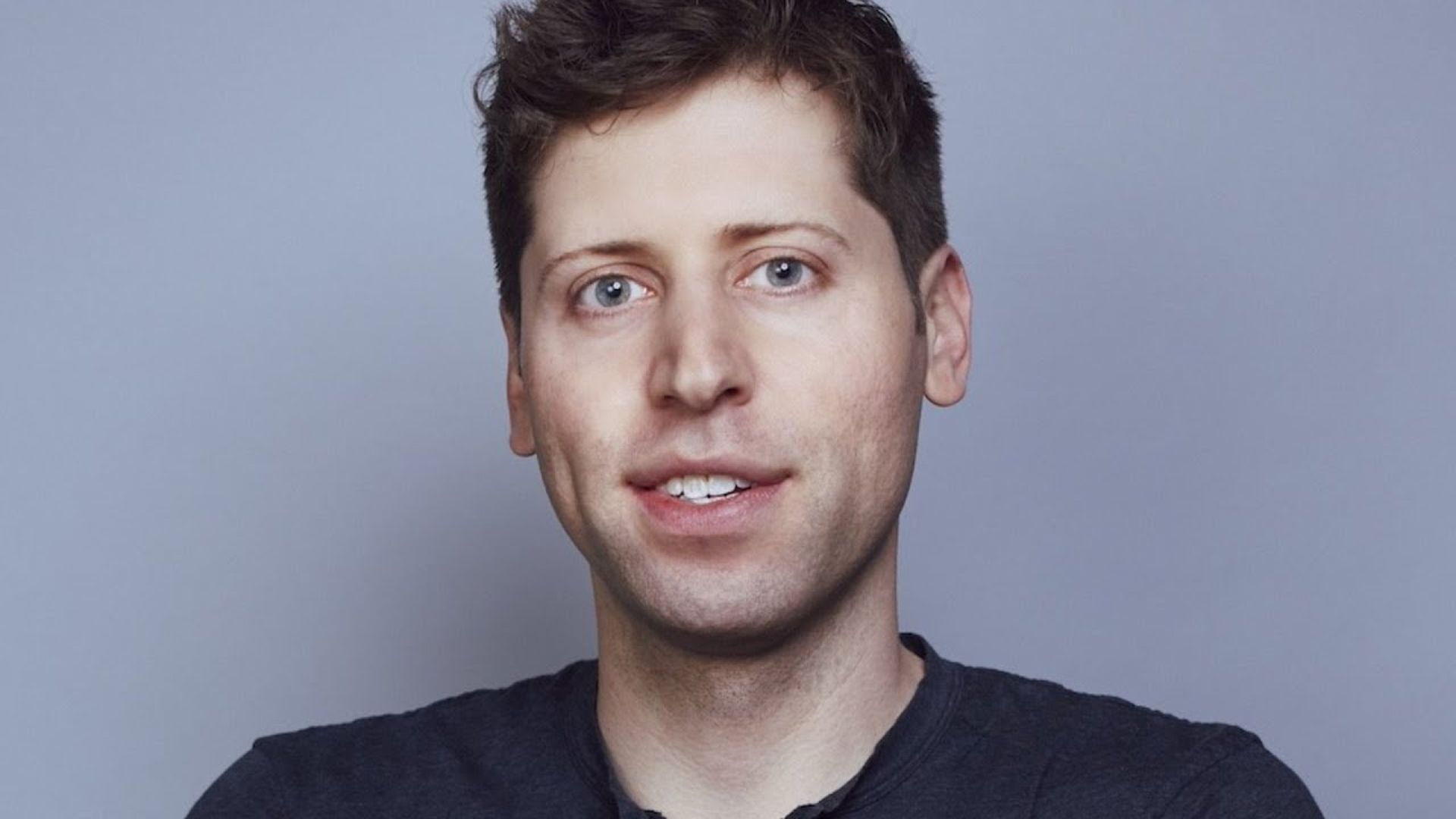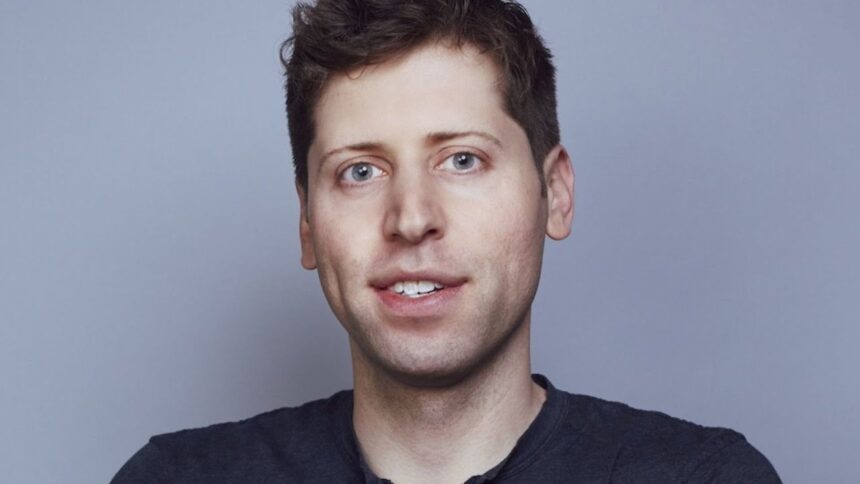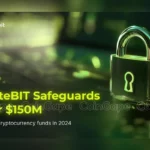
OpenAI CEO Sam Altman has rejected Elon Musk’s $97.4 billion takeover bid for OpenAI, complicating Altman’s efforts to transition the organization into a for-profit entity. “We are not for sale,” Altman stated during an AI summit in Paris on Tuesday.
OpenAI’s Sam Altman rejects Musk’s $97.4 billion takeover bid
Musk’s bid, announced Monday, represents the latest chapter in an ongoing conflict between him and Altman, dating back to their founding of OpenAI in 2015 as a nonprofit. Altman emphasized OpenAI’s mission to ensure that artificial general intelligence (AGI) benefits all of humanity. He reiterated this stance during a dialogue with France’s AI minister, expressing that the organization has a unique mission to pursue.
The negotiations also reflect the shifting structure of OpenAI, which is moving from its nonprofit beginnings towards a for-profit model that serves shareholders. Bret Taylor, the chair of OpenAI’s nonprofit board, confirmed on Tuesday that Musk’s bid is “largely a distraction” from their mission and affirmed that “OpenAI is not for sale.”
Elon Musk launches legal war against OpenAI
The board must evaluate Musk’s offer while adhering to their fiduciary duty to further OpenAI’s mission. As Taylor noted, the board’s responsibility is to assess whether decisions advance the goal of ensuring AGI ultimately benefits humanity. This assessment will include considering not only the financial aspects of the offer but also the implications of relinquishing control over AI development.
Legal experts point out that Musk’s offer could set a minimum valuation for OpenAI’s assets if it decides to change its nonprofit status. Rose Chan Loui, executive director for the Lowell Milken Center on Philanthropy and Nonprofits at UCLA Law, stated that the board should closely examine the credibility of Musk’s offer and assess whether he and his associates would finance it in cash.
Historically, Musk’s business dealings include a $44 billion acquisition of Twitter, which began under complex circumstances, suggesting the intricacies involved in his current bid may also bear challenges due to OpenAI’s nonprofit mission. Jill Horwitz, a professor at UCLA School of Law, cited the legally binding nature of OpenAI’s commitment to operate as a nonprofit, emphasizing that any shift from this model must adhere to its original purpose, which was publicly promised when it was established.
Musk has previously taken legal action against OpenAI, alleging it has deviated from its founding mission as a nonprofit research organization. His legal team claims he invested approximately $45 million from its inception until 2018, and there is ongoing litigation concerning Musk’s requests to block OpenAI from converting to a for-profit structure.
A federal judge recently suggested that Musk has presented plausible arguments warranting further review but noted it may be challenging to claim irreparable harm without intervention against OpenAI’s planned transition.
During the AI summit, Altman responded to Musk’s concerns about funding for President Trump’s Stargate joint venture, which aims to invest in computing infrastructure, by asserting, “I’m not the one who tweeted funding secured. I just actually try to show up and build,” referencing Musk’s controversial past statement regarding Tesla’s financing.
In addition to Musk’s involvement, other backers of the takeover bid include Baron Capital Group, Valor Management, Atreides Management, and Vy Fund, as well as firms linked to Musk associates Ari Emanuel and Jon Lonsdale. Musk’s attorney, Marc Toberoff, indicated that if OpenAI’s board is serious about transitioning into a full for-profit corporation, fair compensation for the control of transformative technology must be considered.
Altman dismissed suggestions that Musk’s motives may reflect insecurity about competitive positioning, suggesting Musk is attempting to slow OpenAI’s progress as a rival entity. Altman remarked, “Probably his whole life is from a position of insecurity. I feel for the guy.”
Featured image credit: OpenAI





